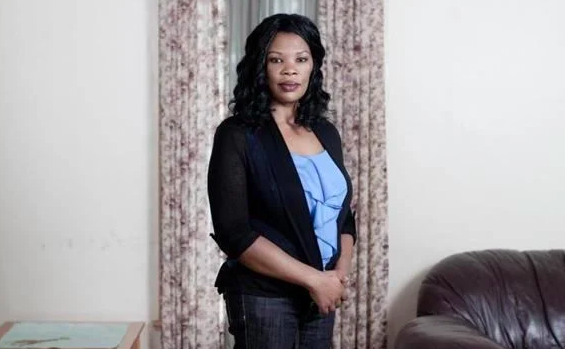In the ongoing trial at the Huye High Court in Rwanda, defense attorneys for Beatrice Munyenyezi have raised serious concerns over the credibility of witness testimonies against her. Munyenyezi, charged with genocide and incitement to rape during the 1994 genocide in the southern city of Butare, Rwanda, has pleaded not guilty to all charges. Her extradition from the United States to Rwanda in 2021 marked a significant step in bringing her to trial for these grave accusations.
Defense lawyer Bikotwa Bruce highlighted several inconsistencies and falsehoods in the testimonies provided by witnesses, urging the court to disregard these statements. The defense argues that these testimonies are fraught with contradictions and lack of direct knowledge about Munyenyezi’s activities during the genocide.
The prosecution’s case against Munyenyezi includes allegations that she was instrumental in setting up roadblocks in Huye city and ordering the execution of Tutsis there. Testimonies vary significantly regarding Munyenyezi’s presence and actions at these roadblocks, with some witnesses dubbing her ‘Commando’ for her supposed role in inciting violence, including the sexual assault of women and girls, notably students from the University of Rwanda in Butare. These claims are contested by Munyenyezi and her legal team, asserting that she was not a university student at the time but rather still in secondary school in Butare.
Adding to their defense, Munyenyezi’s attorneys argued that her physical condition at the time — pregnant with twins and caring for a nine-month-old baby — would have made her participation in such acts highly improbable. They also referenced testimony from a witness who admitted to setting up and overseeing the roadblocks in Butare, stating that women were not present at these checkpoints.
Further criticisms were directed at the reliability of witness accounts, including those from Cyriaque Habyarabatuma, the former gendarmerie commander in Butare, who attested to the implausibility of a civilian like Munyenyezi issuing commands to soldiers. The defense concluded with a poignant critique of a testimony that claimed President Theodore Sindikubwabo conspired with a secondary school student, presumably Munyenyezi, to orchestrate killings in Butare, calling for the court to dismiss such inconsistent evidence.
Munyenyezi has argued her case on the principle of individual criminal responsibility, asserting that she cannot be held accountable for the actions of her husband’s family. She is married to Arsene Shalom Ntahobali, the son of Pauline Nyiramasuhuko, a former minister convicted of genocide crimes and imprisoned in Arusha. The trial is set to continue, with both sides presenting further evidence and arguments.
This case underscores the complexities of prosecuting genocide crimes, highlighting the challenges of witness credibility and the importance of meticulous judicial processes to ensure justice is served accurately and fairly.
































































